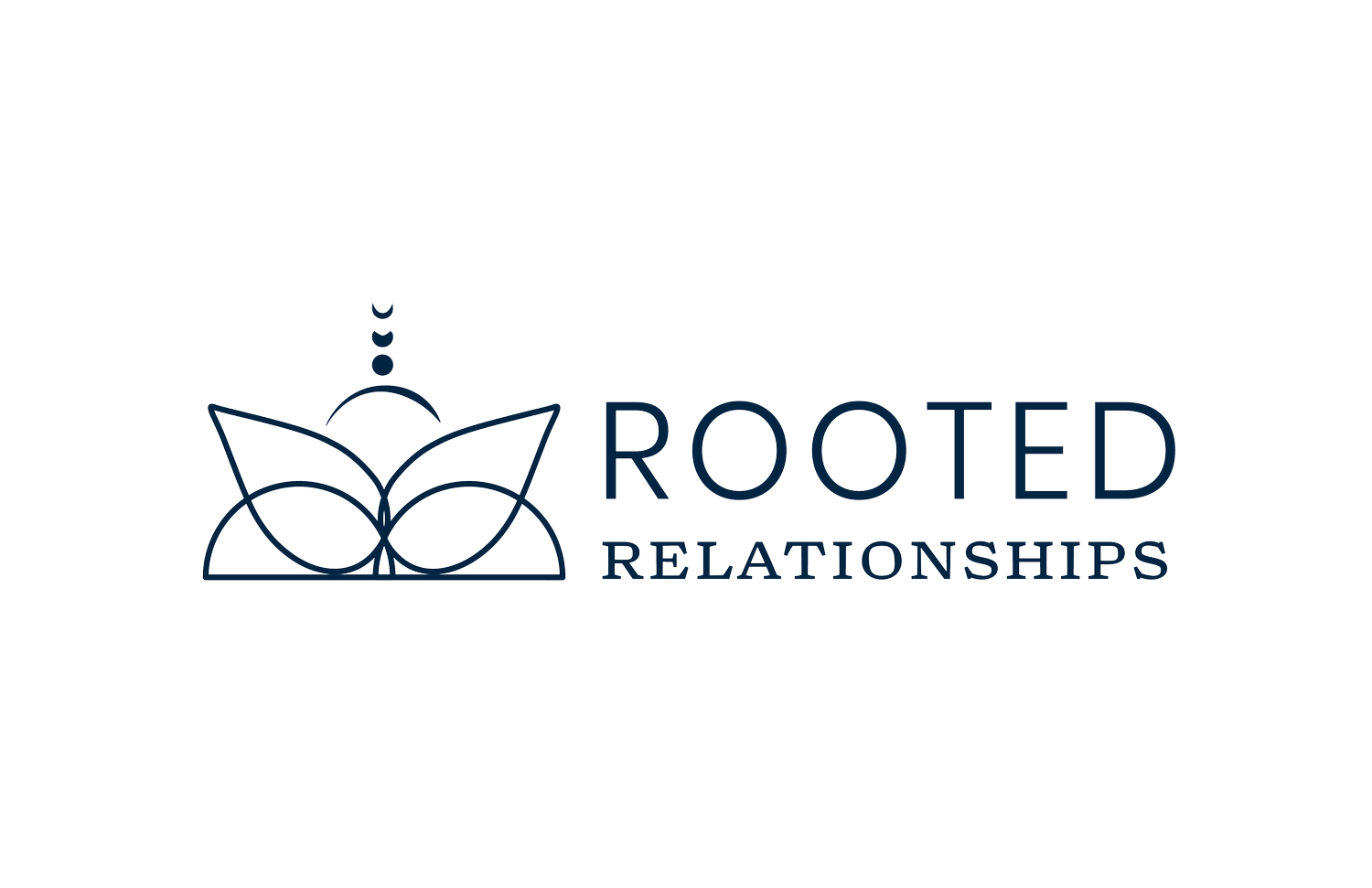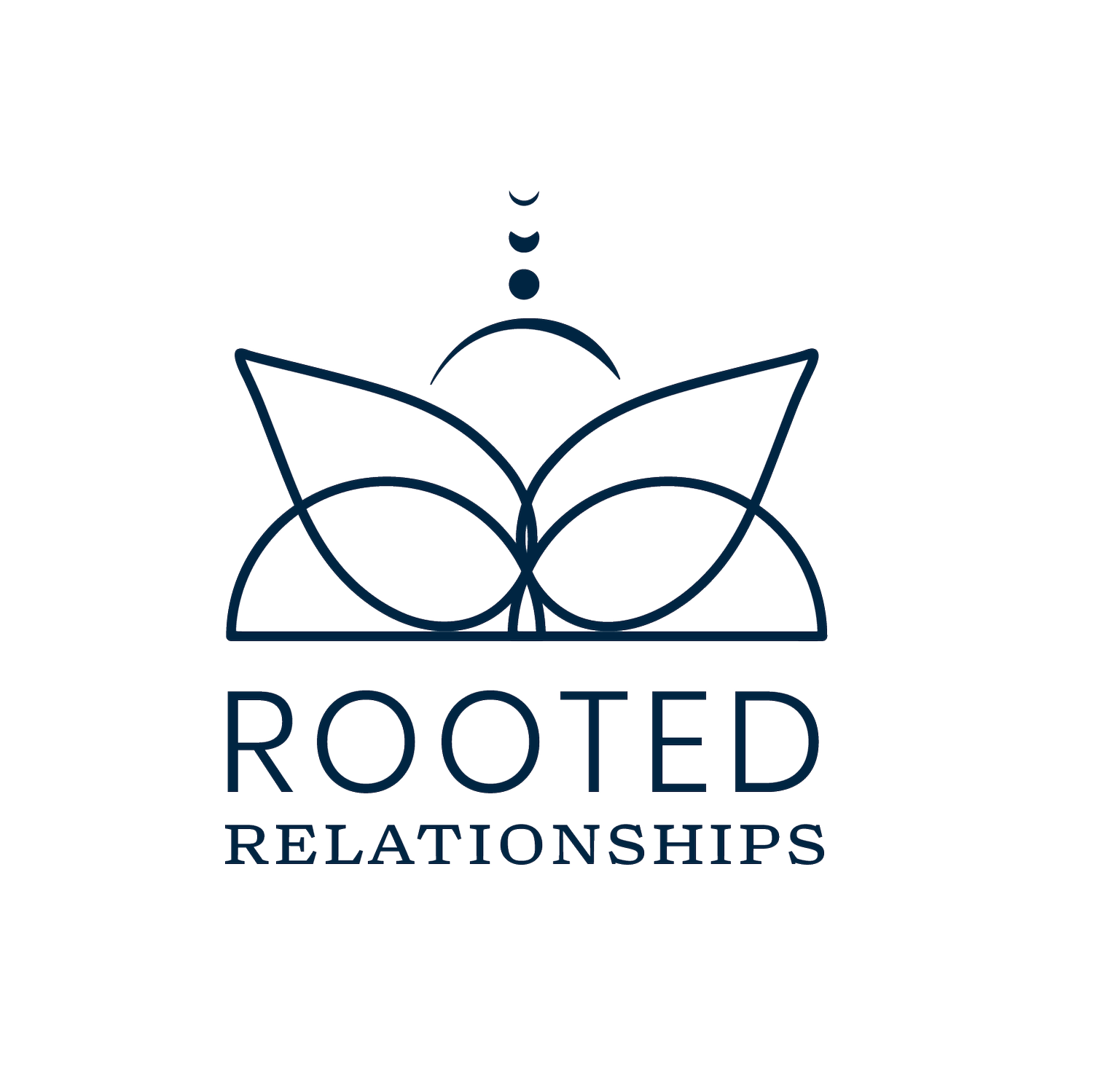5 Signs You Need a Relationship Coach
Call me anything but 'in denial!' I used to think avoiding my problems or triggers was some kind of cardinal sin, like I wasn’t "doing enough" to heal if I wasn’t rooting out every possible issue. Spoiler: I have since learned that it wasn’t. But hey, I’m sure I was an absolute delight to date while I was busy overanalyzing my triggers and boundaries. Good times!
But in all seriousness, there is a balance to be found here: accepting yourself as you are (really loving yourself) while still evolving toward living your values (growth and improvement). Avoiding our problems or getting stuck in our defenses is common, and at first, it can feel like there is actually less pain and suffering. We feel buffered from the hurt. However, chronic avoidance really does lead to bigger challenges, blocking our growth and potential.
In my personal life and as a coach/therapist, I've witnessed the softening that comes from compassion, curiosity, and discovery—always moving toward healing. This process is truly supported by developing practical tools to help guide us along the way, as we will make mistakes, and we DO need support to get back "on the horse" and keep trying. Relationships, like dancing, can be both beautiful and awkward. No relationship is perfect, and while challenges are normal, sometimes our struggles can feel overwhelming and leave both you and your partner stuck in suffering. Many couples work through ups and downs on their own, using tools and resources to stay close. But sometimes, getting help from a relationship coach can make all the difference.
A relationship coach gives couples the tools, strategies, and support they need to improve communication, work through problems, and grow closer. Asking for help doesn’t mean you’re failing—it’s actually a brave and loving choice. It shows a real commitment to redefining your relationship and finding the kind of lasting connection you want. A good coach offers an outside perspective and helps you find new ways to connect, build intimacy, and create a happy, strong relationship.
So, how do you know if it’s time to ask for help? Here are five signs that working with a relationship coach could be just what you need to bring you and your partner closer.
1. Communication Shutdown
Good communication is important for any strong relationship. But what if talking to your partner feels more like a struggle than a way to connect? Maybe your conversations turn into fights or awkward silences that leave you both upset. Or maybe you’re not really talking at all, keeping it in the “safe zone.”
People often make common mistakes when communicating, such as talking too much, being vague or unclear, avoiding hard topics, or saying things that contradict each other. These habits can make it harder to truly connect and understand yourself and your partner.
As a relationship coach, I help you spot these patterns and offer better ways to communicate. And while semantics aren't the whole picture, learning specific ways to say what you really mean—or to finally express something you've been afraid to say—can make a huge difference. Coaching can show you how to share your thoughts clearly, listen deeply, and respond with care.
Think about it: Is the way you talk helping your relationship or hurting it?
2. Feeling Stuck In The Same Issues Over and Over
Every couple has problems that feel impossible to solve, but some couples know how to work with them. My husband and I find ourselves in the same opposing dynamics that we have for years! But as we go and grow, those places are showing signs of healing, and we are learning how to meet each other right where we are, rather than trying to “fix” the problem.
So yes, you will likely have the same arguments about the same issues for years, but the key is to notice if, over time, the pain, suffering, and hurt are:
Less intense
Not lasting as long
Happening less often
If you aren’t seeing movement or growth toward less suffering in the “unsolvable dynamics” in your relationship, that’s something to look at more closely. As a coach, I often both normalize the couple’s experience (it’s more common than you think!) while also identifying shifts that could make a difference.
Think about it: Are you ready to stop the cycle and work with your differences instead of against them?
3. Loss of Intimacy
Intimacy in a relationship isn’t just about physical touch and affection—it’s about feeling important to each other, trusting one another, and being open. Life is busy, and it’s easy to drift apart. Suddenly, the impulse to draw closer feels distant, and maybe you start to feel more like roommates than a couple.
You might notice less eye contact, fewer conversations about things that matter, or a drop in physical closeness. These changes increase feelings of loneliness and reinforce themselves, creating a pattern. But the good news is that you can bring that connection back at the right pace for you and your partner.
As your coach, I work with you to find ways to reconnect, helping you rebuild emotional and physical closeness by improving communication and understanding each other better.
Ask yourself: When was the last time you felt truly close and safe with your partner?
4. Unequal Power in the Relationship
Every relationship needs balance, even if some things aren’t always equal. We might not like the same things or put in the same effort to care for the relationship. But sometimes, it feels like one person has more power, and this is important to pay attention to.
When we aren’t able to recognize the places where we DO have power, we can feel resentful, ashamed, or insecure. This feeling of imbalance leads to frustration and feeling stuck—often like you are the victim. But here’s the good news—you do have power. One of my favorite areas to work on is helping clients, often women, claim their truth and feel their power. Knowing where your power lies and how to use it in a healthy way is freeing and empowering.
The goal isn’t about “winning” power but about finding balance so both partners feel considered and supported.
Think about this: Does your relationship feel like a team, or are you struggling to find balance?
5. Feeling Unsatisfied
Feeling fulfilled in a relationship doesn’t mean you feel happy and satisfied all the time. It’s about feeling valued, supported, and connected, even during tough times. But if you often feel unsatisfied—either with your partner or yourself—it might be time to ask for help.
A relationship coach can help you pinpoint the thoughts that are driving your feelings of dissatisfaction and guide you toward finding ways to experiment and work to find more joy and pleasure. Whether it’s identifying and working toward relationship goals or finding new ways to connect, coaching can help you and your partner grow together.
Ask yourself: Are you just getting by in your relationship, or are you both working toward something meaningful and satisfying?
Rekindle, Rebalance, and Rediscover Your Love
Every relationship has its ups and downs—it’s normal. But if you’re feeling stuck, disconnected, or unsure about how to move forward, Rooted Relationships is here to help.
Through my relationship coaching practice, I offer tools to improve communication, reignite intimacy, and restore balance in your partnership. Coaching with Rooted Relationships can help you uncover what’s possible for your relationship and build a stronger, more connected future together.
If any of this resonates, reaching out for support could be the first step toward a more loving and fulfilling relationship. You deserve it, and I am here to guide you.
Take the first step: Book a free discovery call with me today, and let’s work together to create the relationship you’ve always wanted.





